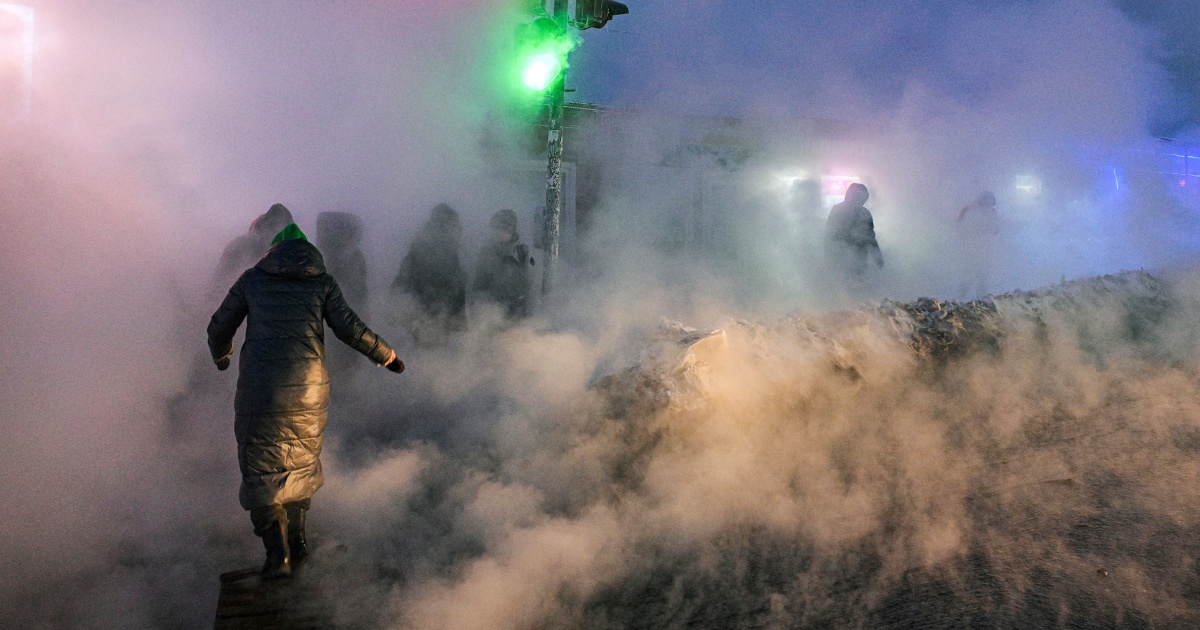Across Russia, creaking infrastructure and a wave of accidents have plunged households into the cold in the depth of winter, fueling rare showings of public frustration.
Two electric radiators were not enough to keep Russian pensioner Elena Grezkaya-Silko from shivering in her one-bedroom apartment.
After two major utility network accidents last month, she struggled to stay warm at home in the Siberian city of Novosibirsk, where temperatures regularly dip below minus 4 degrees Fahrenheit in January.
After the first accident Jan. 11, due to what authorities said was a defect in the main heating network, the heating batteries inside her apartment went cold, with only lukewarm and intermittent heating in her bathroom and kitchen. Then, a hot water pipe burst on the street near her building Jan. 17, sending a geyser of hot water and steam into the air.
Her bedroom remained “icy cold” after that, she told NBC News in a phone interview last month.



Both are true. The standard of living did improve. But it was so abysmal, that even after the improvement only very few parts of Russia can compare to the rest of Eastern Europe, not to mention anything richer.
Income per person or family in Russia, especially in western part of Russia is high. The GDP per capita is not that much lower than in Eastern Europe, and in places like Moscow is probably higher. But that’s kind of irrelevant for Russians. They lived through the nineties, and that’s what they compare against - they did not live in Poland.